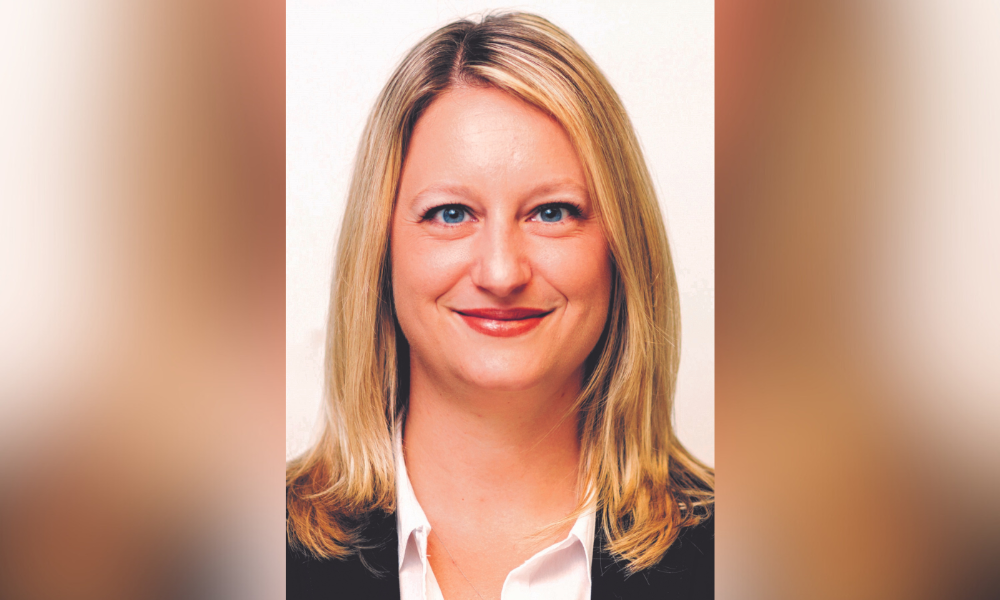President & CEO of Chartered Business Valuators explains why there may be more optimism after a sluggish 2023

Chartered Business Valuators (CBVs) expect mergers and acquisitions to pick up in Canada this year. A recent survey from the CBV Institute found that around 60 per cent of CBVs expect M&A transactions to increase this year, following a period in 2023 that can only be described as sluggish.
Dr. Christine Sawchuk, President & CEO of the CBV Institute, explained that M&A deals in 2023 were dragged down by the myriad of factors that contributed to poor outlooks across the year. High inflation, high rates, and high geopolitical tensions all made buyers and sellers a bit more reticent. These forces were felt globally and Canada was certainly not immune. Despite some indications that those factors haven’t fully abated in 2024, Sawchuk says that CBVs see new forces ready to kickstart M&A activity again.
“Last year was tepid, so there’s pent up demand. Private equity firms are sitting on record levels of dry powder that they need to deploy somewhere. Inflation has come down, we expect the cost of borrowing to come down, and there’s a bit more private debt,” Sawchuk says. “That allows buyers to have a more predictable cost of capital, which supports transaction activity because it narrows the expectation gap between what buyers and sellers expect to transact at.”
Sawchuk highlighted a few structural factors that make M&A activity look more positive this year. Private business owners are aging in Canada. She cites a recent study from the Canadian Federation of Independent Business that found 40 per cent of private business owners planned to exit their business in the next five years. COVID, she says, sped up that transition as many business owners took an early retirement or saw their businesses fall into distress due to the pandemic.
Distressed M&A, Sawchuk says, may be a very big contributor to this predicted uptick in activity. Businesses have struggled since COVID, and the subsequent onset of both inflation and higher interest rates have put more businesses into distressed positions. Add to that the amount of capital private equity firms are sitting on — which Sawchuk notes may be as high as $2.5 trillion globally — and we should see more distressed acquisitions this year.
The survey from the CBV institute highlighted three sectors where CBVs expect to see the most M&A activity this year: industrial products & services, healthcare, and technology. Sawchuk notes that all of those industries have experienced growth on aggregate, driven largely by technological advances. As purchasers look to target synergies and leverage strategic advantages, more innovative businesses in these sectors look attractive.
Industrials are both rapidly advancing and facing challenges from supply chain disruptions and interest rates, making them potentially attractive for distressed asset seekers. Healthcare is well poised to benefit from aging populations in the developed world, meaning these businesses come with stable cash flows. Technology has been a growth driver for decades, and many purchasers are looking to leverage AI or cybersecurity expertise that can be brought in via an M&A deal.
Around 50 per cent of respondents to the survey also expected cross-border activity to increase. That isn’t a particularly novel dynamic, around 30 per cent of Canadian companies are bought buy foreign investors. However, the relative weakness of the Canadian economy and the Canadian dollar relative to the US could produce more inbound M&A activity from south of the border, particularly targeted at some of the smaller private technology companies in Canada right now.
As plan sponsors and asset managers look for opportunities in this M&A uptick, Sawchuk believes they can find upside on both public and private markets.
“The key takeaway is that there are opportunities out there in a number of sectors,” Sawchuk says. “On public markets I think there are a lot of companies that have strong cash flows and operations that aren’t being reflected in their stock markets. On private markets, the volume of opportunities in owner managed businesses is going to rise. These are typically companies that are mature. The cashflows, risks, and opportunities are predictable and they’re known. So they’re relatively safe investments for an acquirer.”



